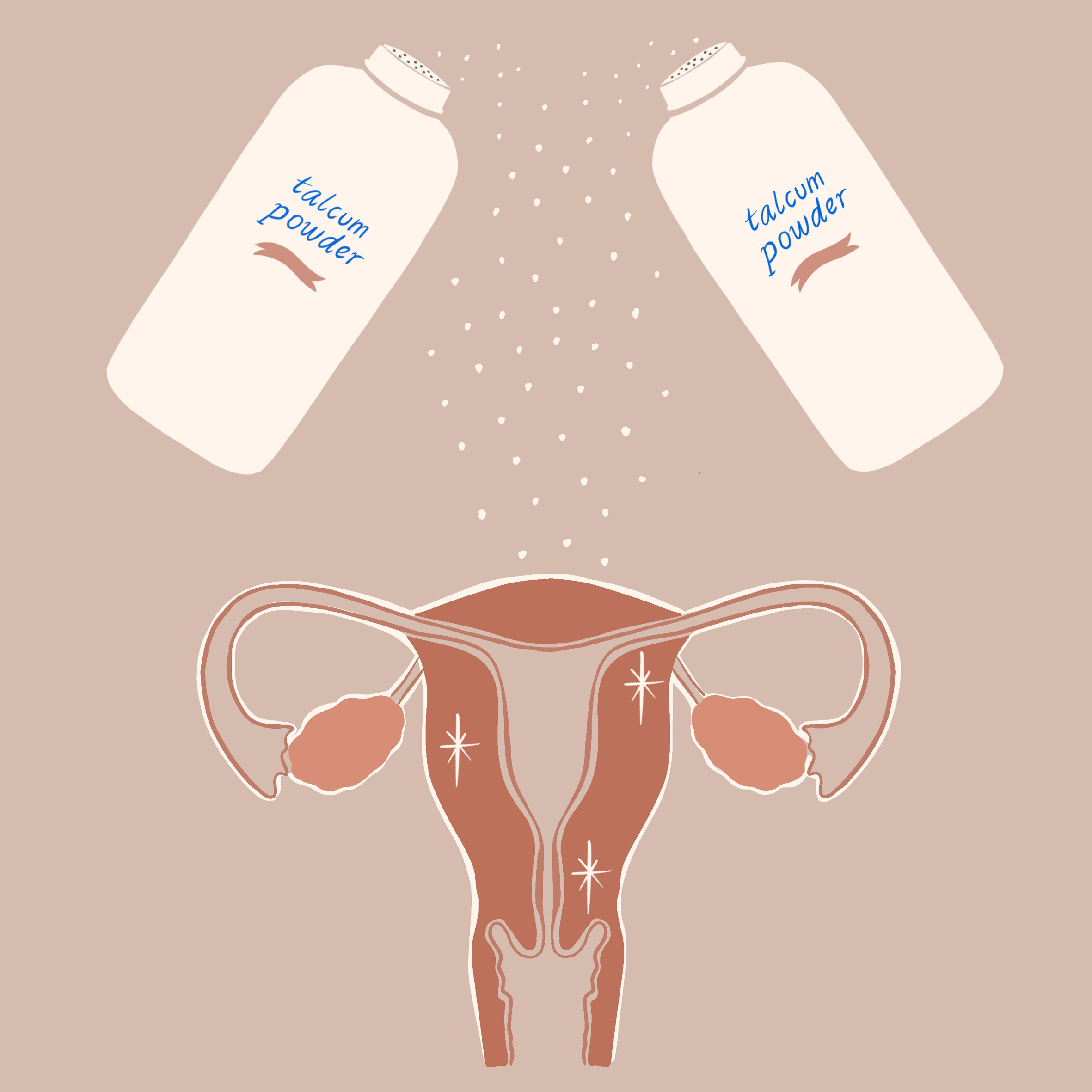Talc advocates have rejected Johnson & Johnson’s attempt to push for a settlement before the end of the year. As a result, Johnson & Johnson will most likely have to wait until at least 2022 before it can restart to negotiate a resolution to the more than 38,000 lawsuits filed by people who claim one of its oldest products, baby powder, causes cancer, according to Reuters.
U.S. Federal Bankruptcy Judge Michael B. Kaplan has questioned whether having both parties spend money on formal settlement talks makes much sense while plaintiff advocates continue to oppose mediation. During a hearing on Nov. 22, Judge Kaplan stated, “I can order it tomorrow, but I don’t have any great anticipation,” referring to the odds of significant progress being made. Judge Kaplan commented that if there were to be settlement talks, “I’d rather have their hearts and souls in it.”
Currently, all lawsuits against Johnson & Johnson, baby powder retailers and insurance companies have been put on pause until Jan. 14. Judge Kaplan has also scheduled a hearing for early January to decide whether to extend that legal stay. Advocates for plaintiffs and victims have vocally opposed this measure, arguing that they should be allowed to keep pursuing their talcum powder cases.
One of the largest complaints is over Johnson & Johnson creating a sub-unit with no operations to house their talc liability before forcing the sub-unit into bankruptcy. This sub-unit, LTL Management, has been the target of significant ire on behalf of the plaintiffs.
A committee of baby powder plaintiffs has made comments on the record that they will soon ask Judge Kaplan to dismiss the LTL bankruptcy and end the temporary halt of the talc lawsuits. In response, Judge Kaplan has tentatively scheduled a four-day court hearing in early 2022 to decide whether the LTL bankruptcy case was filed in “bad faith.”
One committee attorney, David J. Molton, told Judge Kaplan that until that court dispute is resolved, it doesn’t make sense to try to negotiate a broader settlement for the entire multidistrict litigation. With these dates set, the talcum proceedings now hinge on decisions made in the first months of 2022.
